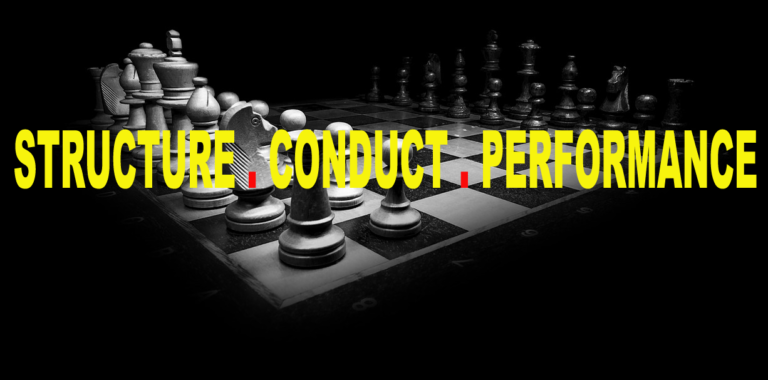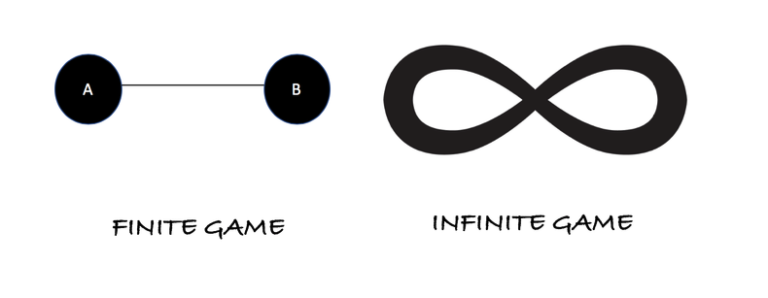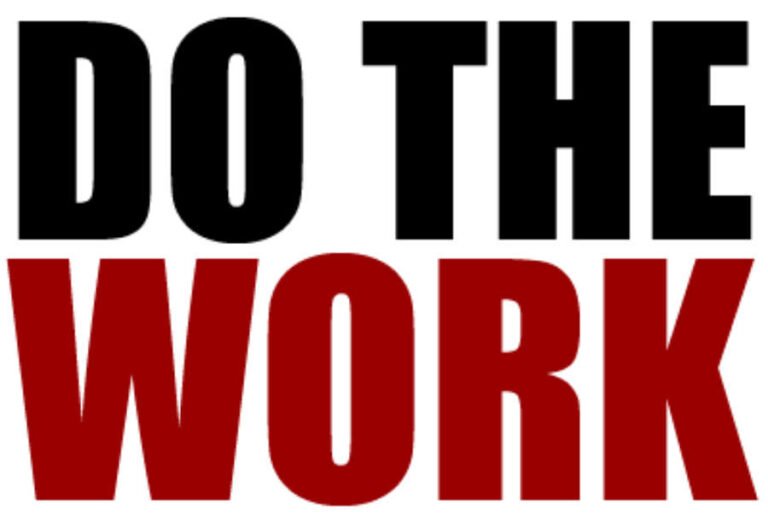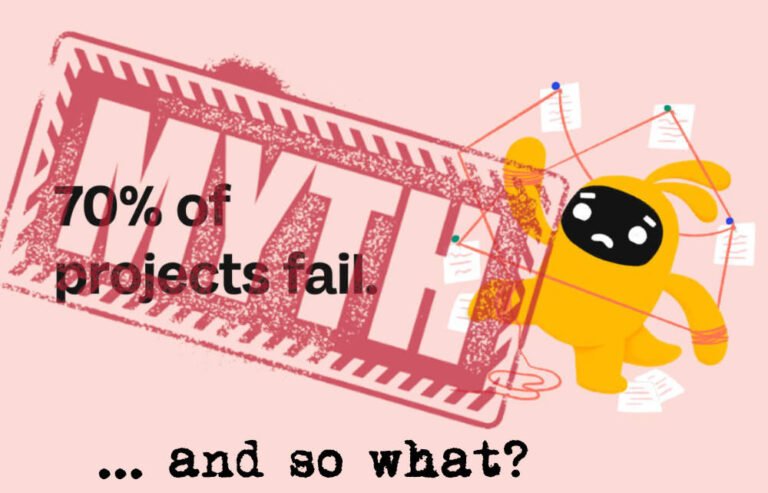Address
304 North Cardinal St.
Dorchester Center, MA 02124
Work Hours
Monday to Friday: 7AM - 7PM
Weekend: 10AM - 5PM
Address
304 North Cardinal St.
Dorchester Center, MA 02124
Work Hours
Monday to Friday: 7AM - 7PM
Weekend: 10AM - 5PM
Cross posted at Transforminator. My wife’s love of animals occasionally takes us to a sheepdog trial. This is a competition for shepherds and their border collies entailing the herding and moving of sheep through a course, splitting the large group,…

The Structure-Conduct-Performance Paradigm Unleashed! There is a framework dating back to early in the last century generally known as the Structure-Conduct-Performance paradigm to guide assessment and analysis of industrial economics. The key assumption is that player (company) performance is determined…

Perspective is everything. At least as much as context. This piece began as another view on the “myth” of projects having a 70% failure rate (the root cause for change management discipline by the way). But since the…

“Never let a good crisis go to waste.” – Winston Churchill Change management exists for projects because people tend to not change behaviour—not easily anyway. Its methodologies account for individual comfort and the reluctance or even resistance to disrupt…

In an earlier piece, “Do the Work” Part 1: Do The Work!, I encouraged change leaders and managers to “do the work”—after dissecting that tragically overused rejoinder. The point being there is more to leading and implementing change than…...

It’s proving hard to defang this “70% of projects fail” statement. Both winners and losers of very definite opinion challenge it quite emphatically. The pejorative “Myth!” is levied to invalidate the entire statement. Arguing that myth is actually valuable…...

Some recent change management threads that challenged and ridiculed the “70% of projects fail” myth got me to thinking. Not about the veracity of the statistic. For that look here. Rather, it got me to thinking about myth itself. The…...

The assertion that “70% of change projects fail” is a statistic repeated so frequently in the domain of organizational change and change management that its origin and specifics have become muddled in the discourse of organizational change. If taken literally,…...